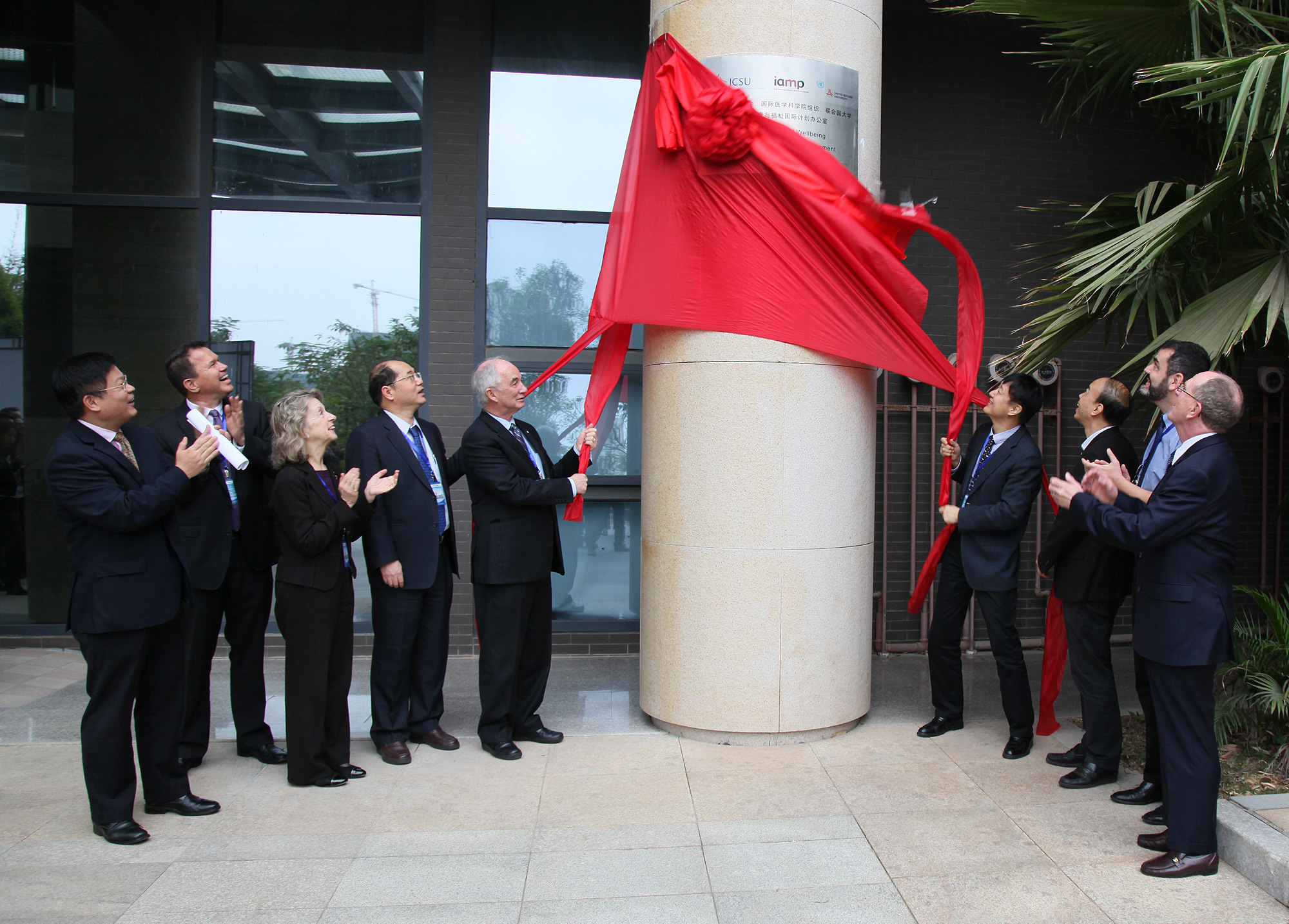The new international programme office of the global science programme “Urban Health and Wellbeing” opened this week in Xiamen, China.

Led by the International Council for Science (ICSU), and co-sponsored by the United Nations University and the InterAcademy Medical Panel, the new programme will inform city planning, policies and design with science-based strategies and tactics to improve the health of billions of people living in fast-growing urban areas. It will also identify and help manage the unintended health consequences of urban policy and the connections between cities and planetary change.
The new programme – which will be hosted by the Institute of Urban Environment at Chinese Academy of Sciences – will provide a hub for interdisciplinary scientific knowledge development, exchange and communication. It will support city leaders and managers to make informed policy decisions by providing scientifically based information on the costs and benefits of healthy urban system structures and better urban health. It will build capacity in scientific and other stakeholder communities to learn and apply systems methods and inform urban residents on healthy urban structures and ways to achieve and maintain better health.
The novelty of the programme lies in its systems approach, said Professor Anthony Capon of the United Nations University, calling it “a particularly effective way to understand and manage changing urban environments with profound implications for the way people live, work, learn, move and play, all of which have health implications.”
President Gordon McBean, who was present at the opening ceremony on December 9 of the international programme office, noted that the Council is leading on science for policy initiatives in 2015 through several key United Nations processes. “There is an important role for the scientific information on the human health-urban environment connections – to the Sustainable Development Goals, to the post-2015 framework on Disaster Risk reduction. Future Earth is now underway with new efforts to co-design, co-produce and co-deliver knowledge on sustainability and there are scientific connections among IRDR, Future Earth and Urban Health and Well-Being.”
“One of the questions we need to address in this programme is “how many health risks are people willing to take for the benefits that come with urban lives?” Citizens and policymakers need to be able to make that decision and become active agents of urban change. This programme will support them in making these decisions,” said Franz Gatzweiler, Executive Director of the programme.
“Human health in urban areas represents a growing concern worldwide but nowhere more so than in China, with recent WHO reports of millions of deaths worldwide each year from urban air pollution. Urgent action is needed to protect and promote health through improved urban planning and design,” said Yong-Guan Zhu, Director-General, Institute of Urban Environment, Chinese Academy of Sciences.
A two-day expert workshop bringing together around 60 experts was also held in Xiamen this week, hosted by the Institute of Urban Environment, Chinese Academy of Sciences.
BBC News- ‘Global science programme to focus on urban wellbeing‘
Daily Mail- ‘Is city living making you ILL? Crime, pollution and overcrowding may be outweighing economic benefits of urban life‘